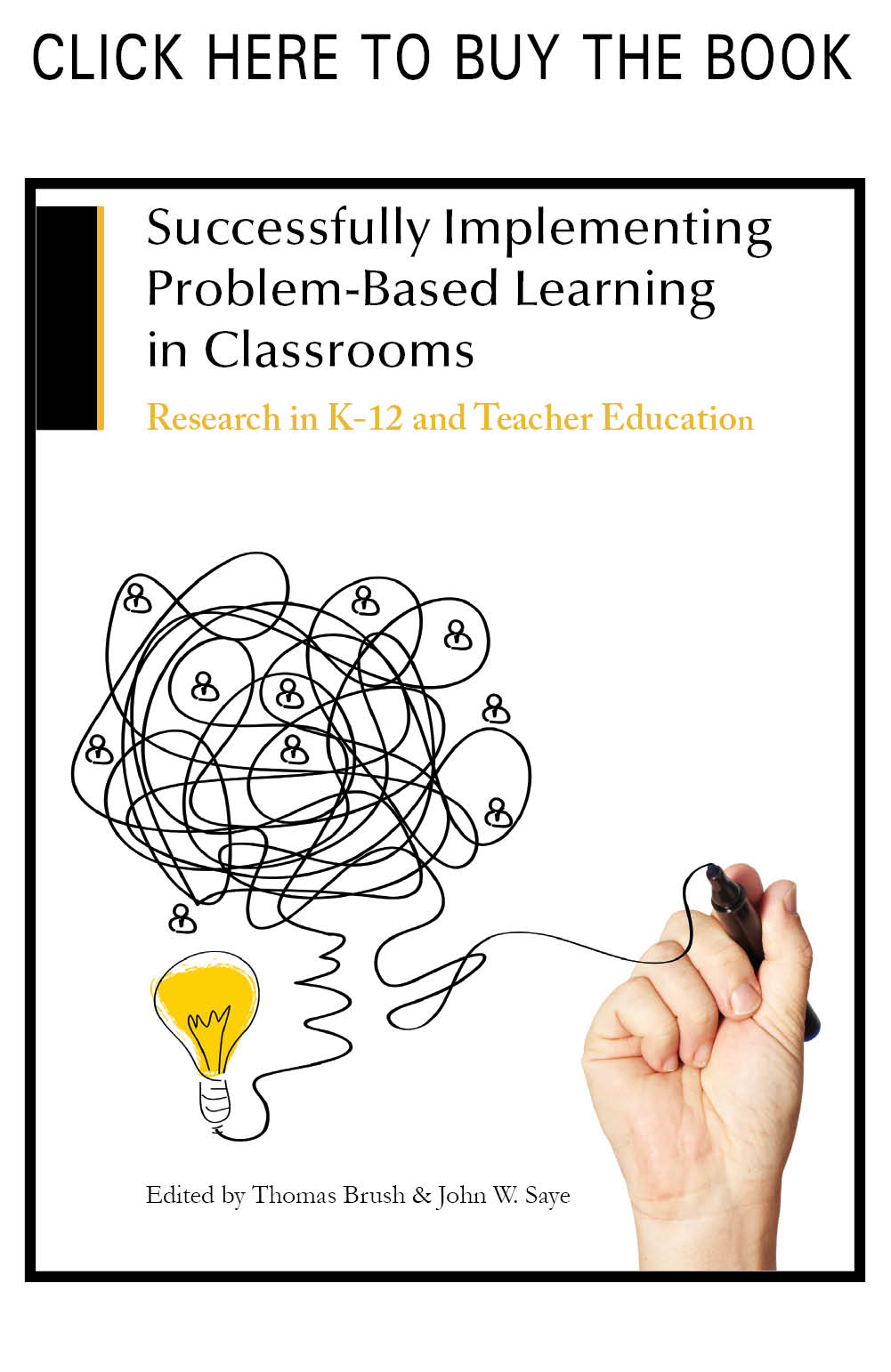Abstract
PBL is described as small-group collaborative learning; however, literature on how collaboration is enacted in PBL contexts is limited. A two-year ethnographic study examined the experiences and responses of Asian students to the obligations of PBL in a Western context. Participant-observation, videotape data, and video-stimulated recall interviews provided insights into collaborative behaviors in PBL classrooms. Even though students recognized that listening and speaking were important to collaboration, speaking was clearly privileged over listening in this PBL setting. A framework was developed that incorporated both collaborative and noncollaborative listening and speaking behaviors. This Collaborative Listening/Speaking (CLS) framework provides a structure for tutors to scaffold the novice learners’ collaborative skills, and therefore more effectively facilitate the group’s learning through collaboration.
Recommended Citation
Remedios, L.
,
Clarke, D.
,
&
Hawthorne, L.
(2008). Framing Collaborative Behaviors: Listening and Speaking in Problem-based Learning. Interdisciplinary Journal of Problem-Based Learning, 2(1).
Available at: https://doi.org/10.7771/1541-5015.1050




